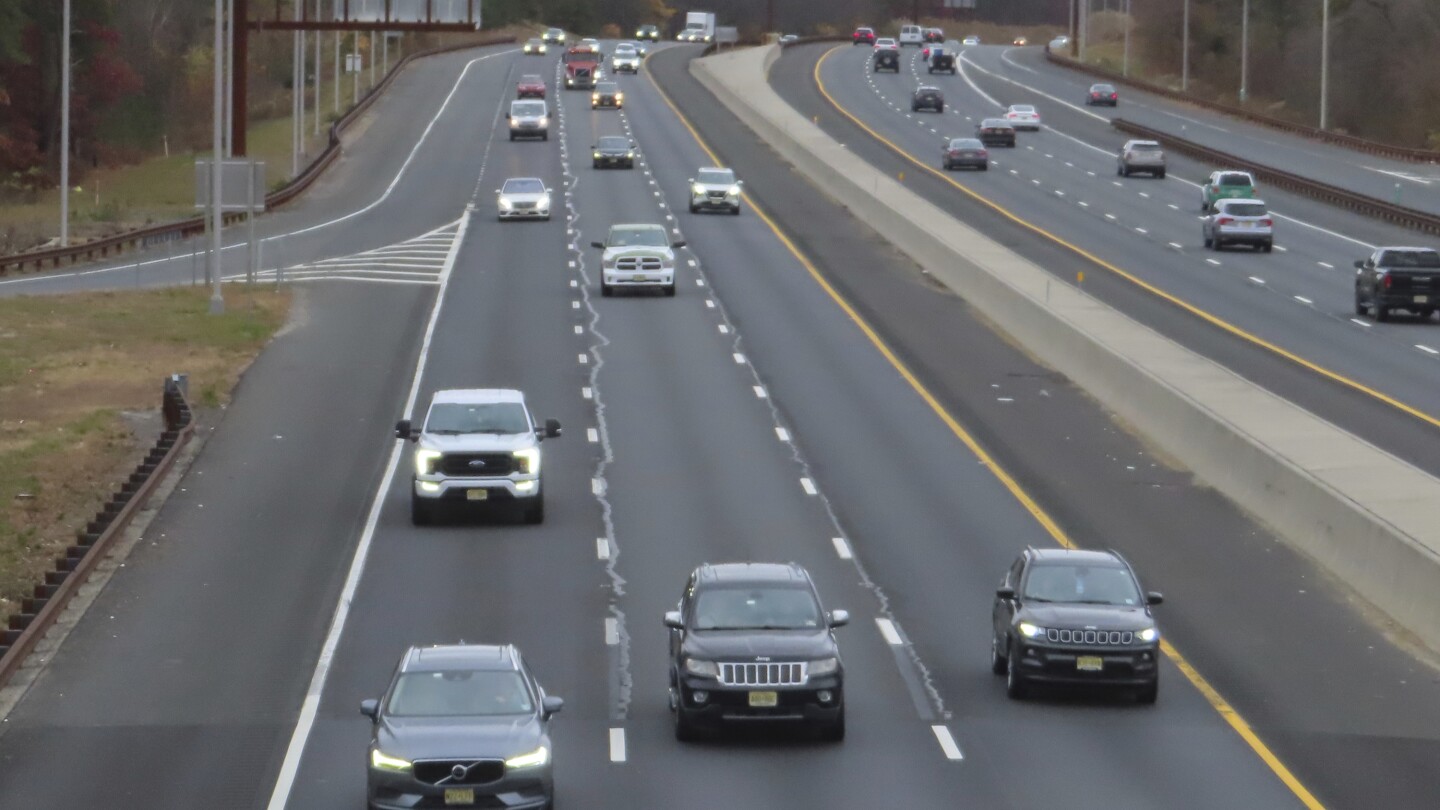New Jersey will prohibit the sale of new gasoline-powered vehicles by 2035 as part of an effort to improve air quality and reduce planet-warming pollutants, officials announced Tuesday.
A rule that will take effect Jan. 1 commits the state to an eventual move toward zero-emission vehicles, the state Department of Environmental Protection said in a news release.
It is one of a growing number of states to do so, including California, Vermont, New York, Washington, Oregon, Massachusetts, Virginia, Rhode Island, Maryland and Connecticut, according to Coltura, a Seattle-based nonprofit advocating for an end to gasoline vehicle use.
New Jersey will start limiting the amount of new gasoline-powered cars that can be sold in the state starting in 2027, eventually reaching zero in 2035.
yeah set it for way off in the future so it has plenty of time to be struck down before it affects those profits
I get what you’re saying and that’s obviously a concern, but at the same time… doesn’t it have to be reasonably far in the future? We don’t have either the infrastructure or even enough supply of EVs to change this too quickly.
That said, I wish they’d use a gradual approach. Start ramping up taxes on gasoline with the proceeds entirely going to EV infrastructure (and similar for purchasing new gasoline vehicles and licensing existing vehicles). Start small and increase as we get closer to the cutoff date. Start limiting gas station development and create zoning regulations for EV infrastructure (especially charging for apartments, which is a huge gap). Make all the laws ramp up gradually so that it’s always small, incremental changes that are never too difficult to do at a time, but will get us in a better place in 10-15 years.
The used car market will still go strong for years to come. Few people will be forced to buy an EV until probably at least 2040-2050.
Get your new gas car in 2034, drive it for ten years, probably be able to pick up a lower mileage used one in 2045 drive it for another 5 years. Buy an EV in 2050 when all the kinks and infrastructure has been ironed out.
This is a gradual approach. The problem is, even the first step of that approach is several years away. The infrastructure needs to start being built now, with priority. And while more would be great, its not like we dont already have electrical infrastructure, every home with electricity is already capable of charging an EV.
We are so shamefully behind on taking action that we are still increasing oil production!
My thoughts exactly. It’s so far in advance, so many people will change seats… effectively a vague threat that this could be banned sometime in the future.
If you think about the life cycle of cars though, even without everyone just going to buy their car in NY there will be plenty of 16 year old gas powered cars still driving around NJ in 2050. Hopefully we get a cash-for-clunkers type deal before then.
Are they going to help people get the needed electrical upgrades to have EV chargers? Will they mandate landlords to provide chargers?
No, they will eventually get lobbied into reversing the decision, this is the new method for politicians in aligning themselves with good efforts, make money from corporations that don’t want it, and act it wasn’t feasible
Something something cart before the horse (lol)
might be we’ll have “classic” gas/diesel powered vehicles for the next 60 years, like Cuba
Every new science finding always says “faster than expected”, but we sure aren’t acting like the clock is running out. Attacking car emissions without doing something about cars themselves (that cause and/or are a cause of a larger problem) isn’t really going to solve much, and certainly not if that’s all we change in more than a decades. How about less cars? Easier to just shift the marketing and keep on producing something.
The problem is that fixing infrastructure for a “less cars” world will take decades. Unless you want a war-time level mobilisation, which I would personally be okay with, but most won’t give up even the slightest convenience so it’s hard to expect many would be fine with that.
So pushing EVs is the more realistic alternative, and it will also help with distributed storage so that more of the increasing level of home and grid scale solar and wind can be used at night.
Unless you want a war-time level mobilisation
Some of the more “radical” scientists have been calling for such a thing for a while now. Meaning that it’s needed even more now since we haven’t done much to change anything and more damage has been done. You aren’t wrong, addressing the core problems would be a long and intensive process and most people would resist even required participation (which says something about the chances of voluntarily doing much).
I doubt anyone here disagrees with you that it would be a good thing. Instead, we don’t believe it is a possible thing to have happen in a democracy.
deleted by creator
This is going to work out great for people like me living in an apartment. But at least I’m not in South Jersey. Those people are really going to be fucked.






